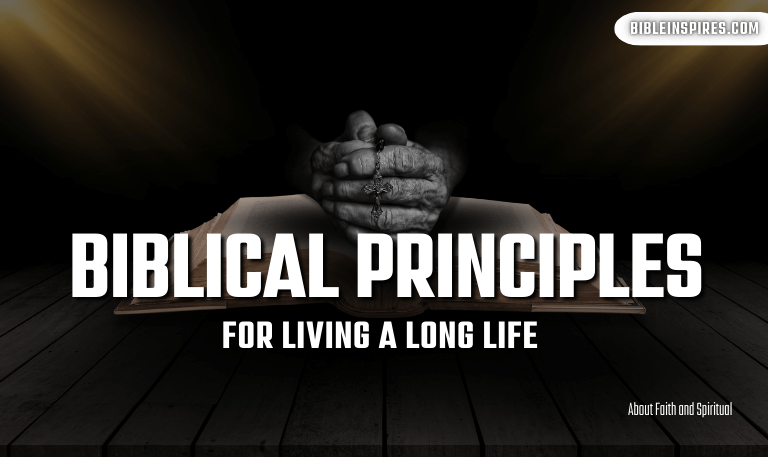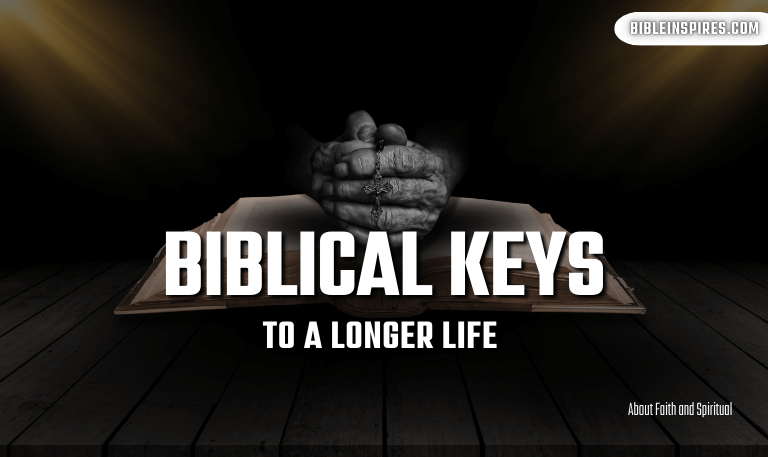Understanding the distinctions between Catholicism and Baptist Christianity is key for anyone interested in Christian theology, denominational differences, or interfaith dialogue. Although both belong to the broad Christian family, Catholic and Baptist traditions differ significantly in history, theology, worship, and church governance. In this detailed guide, we’ll explore these differences and similarities, answering common questions with expert insight to provide a comprehensive resource on Catholic vs Baptist faiths.
1. Historical Origins of Catholicism and Baptists
The Catholic Church: A 2,000-Year Tradition
The Catholic Church traces its origins directly to Jesus Christ and the apostles, with St. Peter regarded as the first pope. It is the oldest and largest Christian denomination worldwide, deeply rooted in tradition, councils, and centuries of theological development. The Church centralized authority through the papacy and established complex rituals and doctrines over two millennia.
The Baptist Movement: Emergence from Protestant Reformation
Baptists emerged much later during the early 17th century in England as part of the Protestant Reformation’s wave. They emphasize individual faith and baptism upon confession of belief (believer’s baptism), rejecting infant baptism practiced by Catholics. Baptist churches advocate congregational autonomy and a return to Scripture as the sole authority.
Read Also: How Old Would Jesus Be Today
2. Core Beliefs and Theology
| Topic | Catholicism | Baptist Faith |
|---|---|---|
| Authority | Scripture + Sacred Tradition, interpreted by the Magisterium | Scripture Alone (Sola Scriptura) |
| Salvation | Faith + Works + Sacraments | Faith Alone (Sola Fide) |
| Godhead | Trinity: Father, Son, Holy Spirit (co-equal and co-eternal) | Same belief in Trinity |
| Church Role | The One True Church with hierarchical leadership | Local autonomous churches, no central hierarchy |
| Eucharist/Communion | Real Presence of Christ (transubstantiation) | Symbolic memorial of Christ’s death and resurrection |
| Baptism | Infant baptism, sacramental cleansing of original sin | Believer’s baptism by full immersion, a public testimony |
Catholics regard both Sacred Scripture and Sacred Tradition as pillars of divine revelation. The Church teaches that the Magisterium (the pope and bishops) authentically interprets Scripture. This leads to acceptance of books not included in the Protestant Bible canon (the Deuterocanonical books).
In contrast, Baptists hold to Sola Scriptura, meaning Scripture alone is the ultimate authority for faith and practice. Baptists reject tradition as equal authority and typically use the Protestant canon without the Deuterocanonical books.
4. Salvation: Faith, Grace, and Works
Catholic doctrine holds that salvation is a process involving faith, grace, sacraments, and good works cooperating with God’s grace. The Church teaches the necessity of baptism, confession, Eucharist, and penance to maintain a state of grace.
Baptists emphasize justification by faith alone — salvation is a free gift from God received through personal faith in Jesus Christ. Good works follow salvation as evidence but do not contribute to it. Baptists also reject the Catholic notion of purgatory.
5. Sacraments and Ordinances: Baptism and Communion
| Aspect | Catholicism | Baptists |
|---|---|---|
| Baptism | Infant baptism, sacrament cleansing original sin | Believer’s baptism by full immersion, voluntary act |
| Communion | Eucharist as the actual body and blood of Christ | Symbolic act commemorating Christ’s sacrifice |
| Number of Sacraments | Seven sacraments (Baptism, Eucharist, Confirmation, Reconciliation, Anointing of the Sick, Holy Orders, Matrimony) | Two ordinances (Baptism, Communion) |
Catholic worship follows a highly structured liturgy, centering on the Mass, which includes Scripture readings, prayers, hymns, and the Eucharist. The Mass is often ritualistic, using incense, vestments, and sacred art to engage all senses.
Baptist worship services tend to be less formal and more varied, emphasizing preaching, congregational singing, and prayer. Communion is usually served less frequently than in Catholic churches.
7. Church Governance and Clergy Roles
The Catholic Church is governed by a hierarchical system with the Pope at the top, followed by cardinals, bishops, priests, and deacons. The pope is considered the spiritual leader of Catholics worldwide.
Baptist churches operate under congregational polity — each local church is autonomous and self-governing, led by elected pastors and deacons without overarching authority.
8. Views on Mary, Saints, and Purgatory
Catholics venerate Mary, the mother of Jesus, and the saints, believing in their intercessory power. Catholic doctrine includes belief in purgatory, a temporary purification state after death.
Baptists generally reject veneration of Mary and the saints as unbiblical and deny purgatory, affirming that believers go directly to heaven or hell after death.
9. Social and Moral Teachings
While both uphold many traditional Christian moral teachings, Catholics tend to emphasize natural law and Church teachings on social issues like abortion, marriage, and social justice. Baptists emphasize individual conscience guided by Scripture and may vary widely on social and political issues, depending on the congregation.
10. Common Misconceptions
Are Catholics and Baptists both Christian? Yes, both worship the same God and follow Jesus Christ.
Is Catholicism “unbiblical”? Catholicism follows Scripture plus tradition; Baptists follow Scripture alone. Both interpret the Bible differently but claim biblical foundation.
Do Baptists reject all traditions? Baptists reject traditions as equal to Scripture but have their own established customs.
Is baptism necessary for salvation? Catholics say yes, Baptists say faith in Christ is sufficient.
Catholic vs Baptist FAQs
1. Is Catholicism and Baptist Christianity fundamentally different?
Yes, they differ significantly in theology, sacraments, and church structure, though both are Christian.
2. Do Catholics and Baptists worship the same God?
Yes, both worship the Triune God—Father, Son, and Holy Spirit.
3. Why do Catholics practice infant baptism but Baptists do not?
Catholics believe baptism cleanses original sin and initiates one into the Church; Baptists require a personal profession of faith before baptism.
4. What role does the Pope play in Catholicism?
The Pope is the spiritual leader and supreme authority in matters of faith and morals for Catholics.
5. Do Baptists recognize Catholic sacraments?
Baptists typically do not recognize Catholic sacraments as valid, viewing baptism and communion as symbolic ordinances.
6. Can someone be both Catholic and Baptist?
Practically no, due to differing doctrines and church membership practices.
7. How do Catholic and Baptist views on salvation differ?
Catholics see salvation as faith plus works and sacraments; Baptists emphasize faith alone.
8. Are Baptists considered Protestants?
Yes, Baptists are part of the Protestant tradition.
9. What is the significance of tradition in Catholicism vs Baptist belief?
Catholics hold tradition alongside Scripture; Baptists uphold Scripture alone.
10. How do worship services differ between Catholics and Baptists?
Catholic worship is liturgical and sacramental; Baptist worship is less formal, focused on preaching and singing.
Conclusion
While Catholics and Baptists differ greatly in doctrine, practice, and church governance, both seek to follow Christ faithfully. Understanding these differences fosters respectful dialogue, enriches ecumenical relationships, and deepens personal faith.
![Catholic vs Baptist | Comprehensive Guide to Beliefs [2025] 1 Catholic-vs-Baptist-Comprehensive-Guide-to-Beliefs-[2025]](https://bibleinspires.com/wp-content/uploads/2025/07/Catholic-vs-Baptist-Comprehensive-Guide-to-Beliefs-2025.png)
![How to Forgive According to the Bible [2025 Guide] 3 How-to-Forgive-According-to-the-Bible-[2025-Guide]](https://bibleinspires.com/wp-content/uploads/2025/04/How-to-Forgive-According-to-the-Bible-2025-Guide.png)

